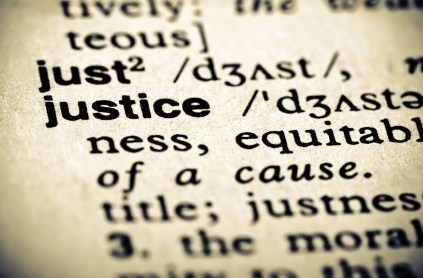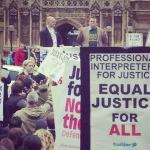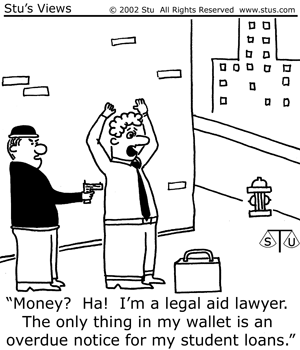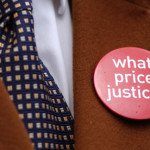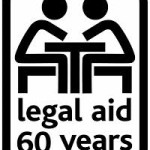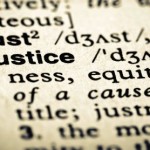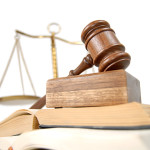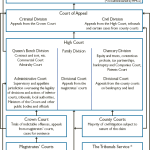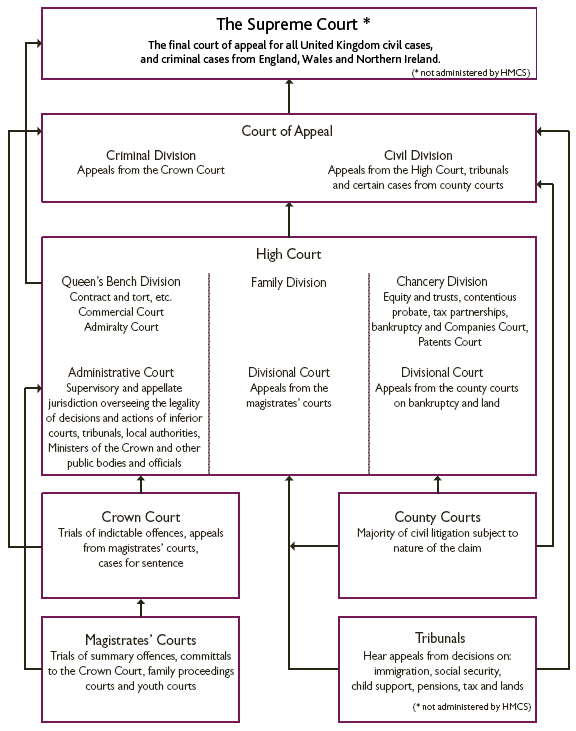The British system of justice is held up by some to be a model of good practice, being on a tried-and-trusted adversarial basis (as opposed to inquisitorial systems) and with a ferociously independent judiciary, even if they do have many quirks and prejudices along the way, and were until recently presided over by a historical anachronism in the form of the Law Lords. Like the USA we now have a Supreme Court rather than the constitutional confusion of having the upper House of Parliament (the House of Lords) also being the highest legal body.
Our system is upheld for its retention of Habeus Corpus, whereby the accused is presumed innocent until convicted, so the burden of proof in criminal trials remains with the prosecution, not the defence. In criminal law also the accused must be found guilty beyond reasonable doubt as the highest available standard of proof, where in civil law judgement is determined on the balance of probabilities. One notable exception is our draconian libel laws, with the burden of proof switching entirely to the defendant.
We also retain trial by jury, whereby the facts can only be determined by randomly-selected members of the public, our peers. Having been a juror myself I know the protocol of the trial process remains obscure and steeped in history, such as the perruques still worn by judge and barristers to denote their status, but for all its bizarre ritual and its occasional howlers it could be argued that British justice affords the greatest opportunity for a fair trial anywhere in the world. The point about justice at every level is that it must uphold the law fairly and impartially. Like the statue of Justitia, Lady Justice (of which there are many versions around the world, including that atop the Old Bailey, carrying the sword of truth and the scales of justice), it must be blind and must be seen to offer transparency of justice every time.
In that regard ours is often seen as the most impartial system anywhere. Or it was, at any rate. Whether our system holds sway any more may depend on your point of view. As a starting point, a comparison with the American system is revealing. The latter has a reputation of enabling Rolls Royce justice for the wealthy, but not for the poor unless your legal team worked pro bono. Our version of Legal Aid was the greatest leveller in Britain, by providing affordable access to solicitors and barristers for those whose means prevented their right to defend themselves.
True, the best probably didn’t work under Legal Aid, but any lack of competence could sometimes be remedied through professional bodies like the Law Society and/or The Bar Council or Criminal Bar Association. However, the last round of government changes to Legal Aid in April 2013 excluded a raft of provisions under the scheme, such as divorce and custody battles, personal injury claims, benefit and housing issues, some employment law and other issues – some arguably hitting hardest those most in need. Not only that but barristers have refused to take cases such as a recent serious fraud trial because their daily rates are being cut.
Whether or not the £2bn price tag was a price worth paying is a matter of opinion, but there is no doubt the impact of cuts results in a serious risk of miscarriages of justice, unfair trials, defendants defending themselves and, whisper it, more legal victories for those who can afford the better legal teams. Not just my opinion, of course – see here and here for further assessments on why the jury system is sacrosanct and the reasons why it is a price worth paying to ensure balance within the justice system.
The first alternative for those cut out from the moving Legal Aid goalposts is the charity, the Citizen’s Advice Bureau (assuming you can’t get a no-win-no-fee deal so popular with the ambulance-chasing compensation solicitors – it wouldn’t work with criminal cases since freedom is the only criterion, not financial gain.) Sadly the CAB, staffed by volunteers as it is, is not what it was. Flooded with volumes more work there’s no way they can ever do justice with free legal advice, and barely scratch the surface of the need out there, especially at a time when police are being exhorted to get better results, for more people to be pushed through the court system and for a higher prosecutions to be successful. If you’re a defendant it would be easy to see a government desire for you to be convicted and sent off to jail without the bother of a defence case to be heard.
While I’m on this subject, consider other changes brought in by governments, all of which threaten the principles of justice. Restrictions to trial by jury have been chipping away at this universal right under governments of a persuasions for some years. Some would see it as the thin end of the wedge, though if there were clear criteria to determine when a jury was not appropriate and judges should preside alone as arbiters both of fact and law, that would be a start – providing there was effective recourse if the right to a fair trial is threatened.
Worst of all, the first trial held entirely in camera, allegedly to protect “national secrets” and witnesses. However, for a government to enable trials to take place in secret and without juries marks a very dangerous precedent, bringing to mind historical trials held behind closed doors. As this article suggests, it is an “assault” on the principles at the very heart of British justice. As it happens, the first attempt was blocked by the Court of Appeal (see here) but there will be others. There are plenty of historical examples of when this principle has been adopted – such as the Star Chamber and of course many trials conducted by dictators like Stalin. Perhaps the next parody of justice will be show trials?
Time now then to stand up for the principle of transparent justice: if a trial is not seen to be fair and just, justice has not been done. The point is that if a trial can be held in secret under the cloak of national secrecy, that covers a multitude of sins and could be used as a sweeping excuse to hide all manner of coverage that the government might deem embarrassing to it rather than to our security forces – and I’m far from convinced that it’s against the public interest to hide every piece of information formally labelled as a “state secret.” Where there is a genuine need for some parts of a case to remain secret, It’s always been possible to conduct parts of trials in camera and to protect the identities of key witnesses from the security services.
In short, I’m not convinced that government operates in the best interests of justice, and that there are some changes that should be resisted for the good of all. By all means prevent abuses of the system and hide things that need to be hidden, but don’t throw away the baby with the bathwater. As the Joni Mitchell song famously puts it, “you don’t know what you’ve got til it’s gone” – and in the case of our Justice system it would be very easy for centuries taken to enshrine the rights to a fair and just trial could be eroded within the term of one parliament.

